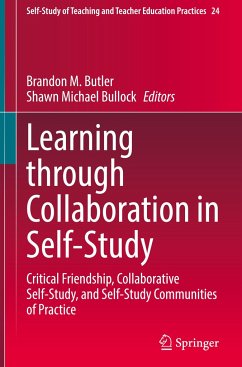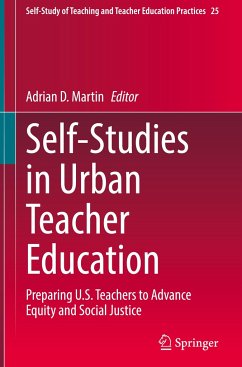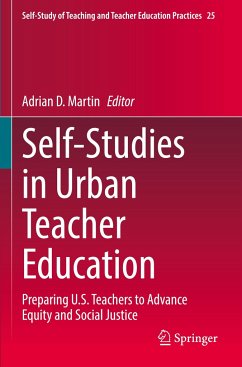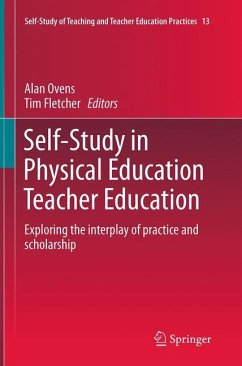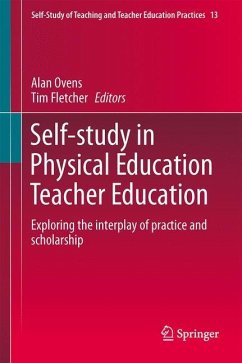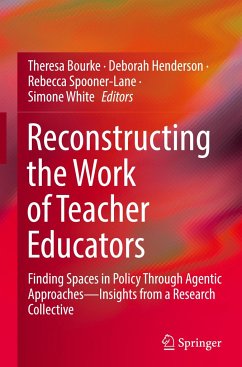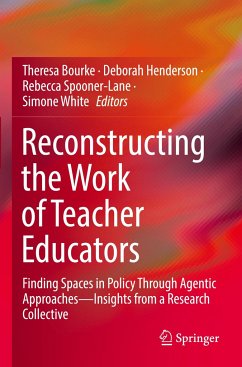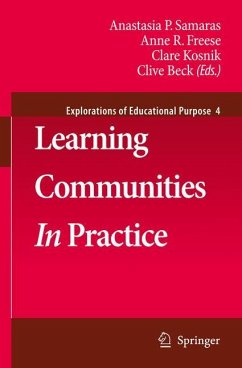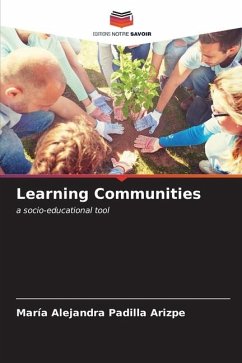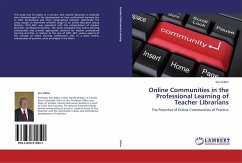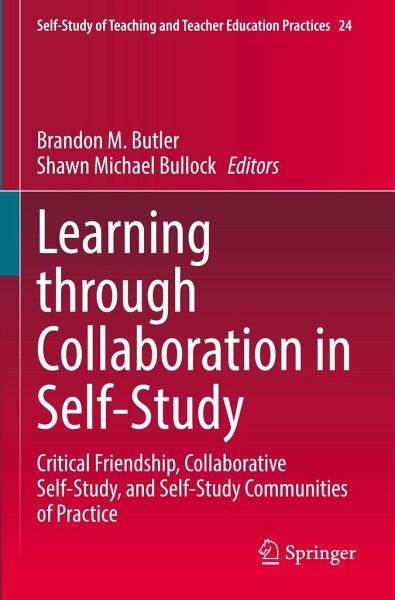
Learning through Collaboration in Self-Study
Critical Friendship, Collaborative Self-Study, and Self-Study Communities of Practice
Herausgegeben: Butler, Brandon M.; Bullock, Shawn Michael
Versandkostenfrei!
Versandfertig in 6-10 Tagen
106,99 €
inkl. MwSt.

PAYBACK Punkte
53 °P sammeln!
Self-study is inherently collaborative. Such collaboration provides transparency, validity, rigor and trustworthiness in conducting self-study. However, the ways in which these collaborations are enacted have not been sufficiently addressed in the self-study literature. This book addresses these gaps in the literature by placing critical friendship, collaborative self-study and community of practice at the forefront of the self-study of teaching. It highlights these forms of collaboration, how the collaboration was developed and enacted, the challenges and tensions that existed in the collabor...
Self-study is inherently collaborative. Such collaboration provides transparency, validity, rigor and trustworthiness in conducting self-study. However, the ways in which these collaborations are enacted have not been sufficiently addressed in the self-study literature. This book addresses these gaps in the literature by placing critical friendship, collaborative self-study and community of practice at the forefront of the self-study of teaching. It highlights these forms of collaboration, how the collaboration was developed and enacted, the challenges and tensions that existed in the collaboration, and how practice and identity developed through the use of these forms of collaboration. The chapters serve as exemplars of enacting these forms of collaboration and provide researchers with an additional base of literature to draw upon in their scholarly writing, teaching of self-study, and their enactment of collaborative self-study spaces.





